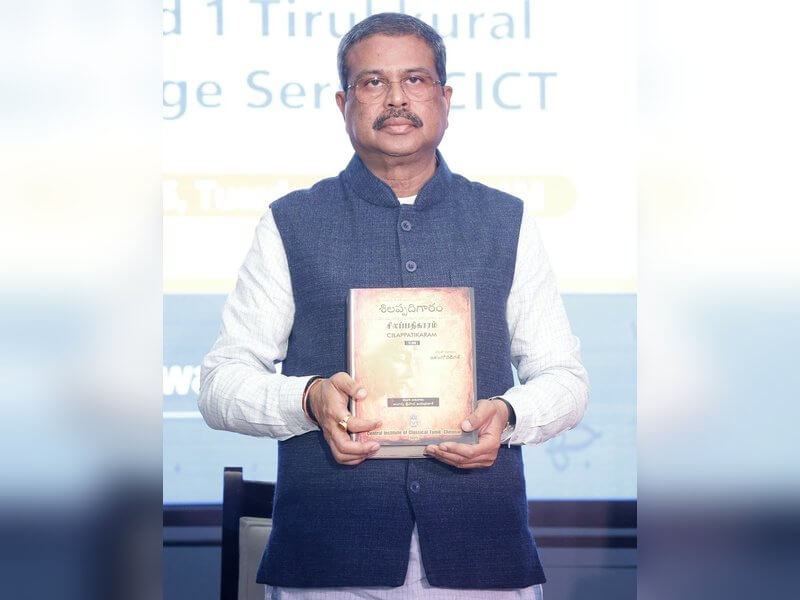IIT Hyderabad, ISRO, India Post create Digipin, a digital address system for India
Tue 01 Jul 2025, 00:11:19

Aiming to clean up India’s chaotic address system, IIT Hyderabad, India Post, and ISRO’s National Remote Sensing Centre (NRSC) have teamed up to launch DIGIPIN -- a new digital address system designed to simplify how locations are identified across the country, from city apartments to remote villages and even offshore sites.
Let’s face it -- Indian addresses are messy. Unstructured descriptions, local landmarks, and vague house numbers often confuse both people and delivery systems. DIGIPIN fixes this by converting GPS coordinates into short, human-readable codes -- basically a smarter, more precise version of your regular PIN code.
Unlike traditional codes that only point to a general area, DIGIPIN gives a precise digital address that can be accessed using a smartphone with GPS and a high-resolution map app. It works
offline, doesn’t collect personal data, and is built to handle everything from home deliveries to emergency services and government schemes.
offline, doesn’t collect personal data, and is built to handle everything from home deliveries to emergency services and government schemes.
DIGIPIN was developed by a sharp team from IIT Hyderabad’s Department of Electrical Engineering. The project was led by Prof Soumya Jana, Dr Lakshmi Prasad Natarajan, and Dr Shashank Vatedka, with Tarandeep Singh, a former MTech (AI) student.
Their aim? To create a system that works anywhere in India -- easy to use, machine-friendly, and readable by humans. They used a geohashing algorithm that compresses location data into short codes, which can be shared, stored, or even printed as QR codes.
The result is an open-source, privacy-safe, and offline-friendly tool that can generate digital addresses with just a smartphone — no internet or complex setup needed.
No Comments For This Post, Be first to write a Comment.
Most viewed from Edu and Jobs
AIMIM News
Latest Urdu News
Most Viewed
May 26, 2020
Can Lionel Messi's visit boost Indian football?
Latest Videos View All
Like Us
Home
About Us
Advertise With Us
All Polls
Epaper Archives
Privacy Policy
Contact Us
Download Etemaad App
© 2026 Etemaad Daily News, All Rights Reserved.





.jpg)



















.jpg)
.jpg)
.jpg)


